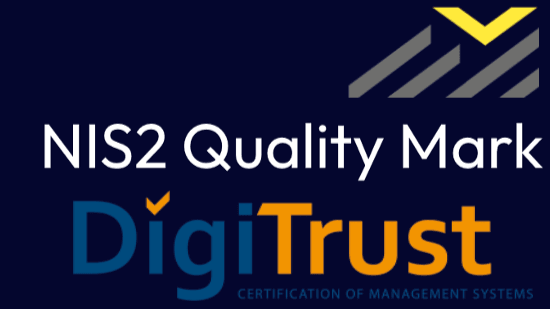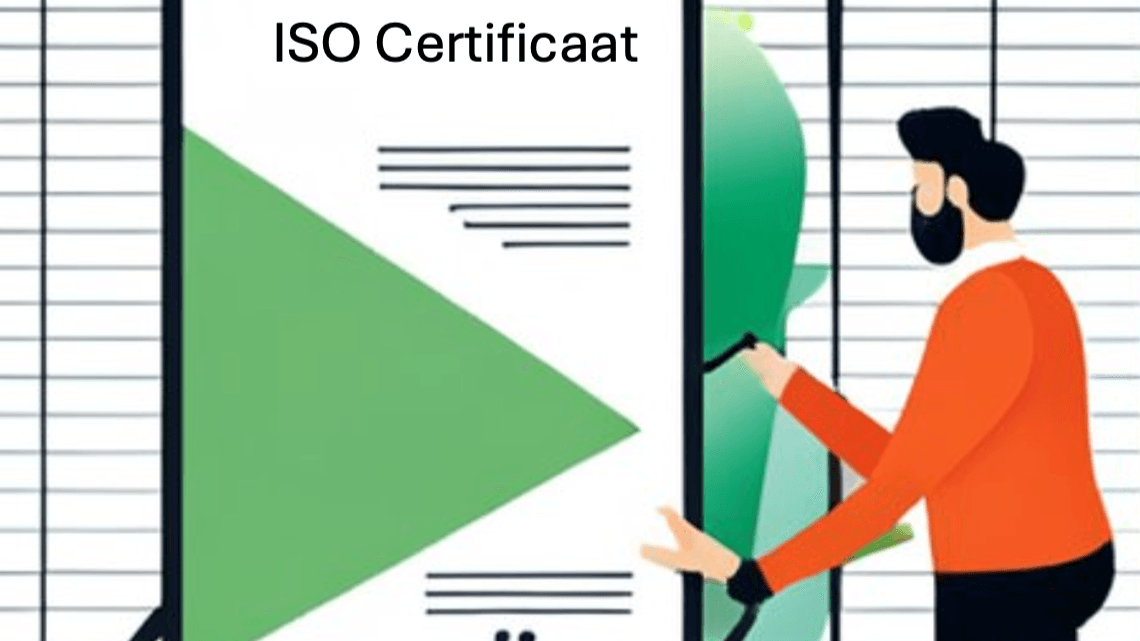We are regularly asked what the difference is between certification with or without accreditation. Questions such as: why do we as a customer need this? And can we also have our organisation certified without accreditation, and is that cheaper? An audit under accreditation, will there be an extra inspector?
Confusion all around, all the more reason to clarify this 🙂 ...
An organisation in the Netherlands can get certified for a particular ISO standard. Examples include;
- ISO 9001 quality management
- ISO27001 information security
- NEN7510 information security in healthcare
- ISO14001 environmental management
- ISO 45001 Healthy and safe working conditions
- etc..
This certification is done by and certifying body, such as DigiTrust. So a certifying organisation may audit and certify (read issue a certificate) other organisations. But how or when do you become a certifying organisation? Basically, from tomorrow, any organisation can start issuing certificates under its own name. We call this a certificate 'not under accreditation'. A certifying body can qualify for these ISO standards.
An external organisation, in the Netherlands it is the Accreditation Council (RvA) then assesses whether the audit carried out and the whole process surrounding it meets the qualification requirements. These requirements for so the certifying organisation are in a so-called accreditation scheme. For ISO27001, this is ISO27006 and ISO17021. So the RvA assesses whether the audits have been carried out in accordance with these standards. They do this by assessing, among other things; the internal procedures, an attendance and file reviews. Only if everything is in order will you receive accreditation for a specific standard.
according to the RvA is accreditation: "Accrediting literally means to give confidence. We want to have blind faith that the quality of products and services is right. That blood results are correct, that meat does not contain too many bacteria, that escalators are safe, that electrical engineers act competently ... This is only possible if certificates and reports deliver what they promise"
The added value
So of a certification under accreditation is, you know that the audit was done well and correctly. The RvA has expressed confidence in this to the certifying organisation. It gives an assurance and preserves the market value of the certificate. Also to prevent proliferation. Important to know is that the moment a certifying body, such as DigiTrust, has a specific accreditation, it is no longer allowed to issue certifications not under accreditation. In the 1980s, this was still sometimes done. Then you could choose, so to speak. This is no longer allowed due to tightened rules.
DigiTrust has the trust and thus the various accreditations obtained from the COA. Realise that some other Certifying Bodies have their accreditation through other countries. In our opinion, not without reason.
Not all standards are certifiable under accreditation. Think of the ISO27017, ISO27018, but also the NEN7512 and NEN7513.This is because there is no scheme for this standard. as already explained above; this contains the rules we have to follow.
And what about labels? In the food industry, you come across a lot of labels. You've probably seen them before. You can develop a hallmark yourself as an organisation, or as an industry organisation. Often created to gain the trust of consumers. In the industry, you also come across various quality marks. However, the question is always who determines the criteria and who judges them? So always be aware what the real value of a created hallmark is.


Conclusion
- Customers can only be certified
- An accreditation is for a Certifying Body such as DigiTrust
- Certification with accreditation provides assurance of quality
- The RvA is designated by the Dutch government as the national accreditation body and is accountable to the Minister of Economic Affairs and Climate.
Want to know which standards DigiTrust is accredited for? Then download the official document on the RvA website. <link>





